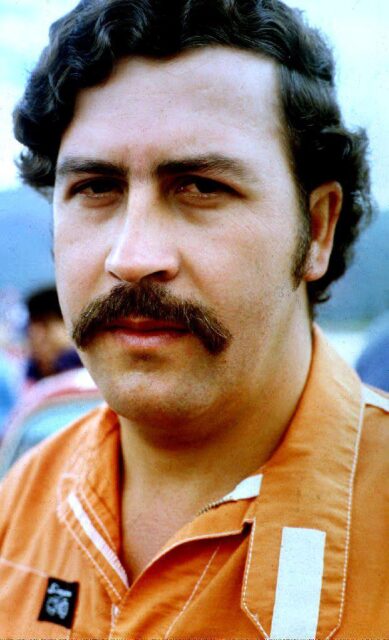On December 2, 1993, Pablo Escobar, the infamous leader of the Medellín Cartel, was killed in a shootout with Colombian police. His death marked the end of one of the most violent and dangerous criminal empires in history. Escobar had controlled the flow of cocaine into the United States for years, becoming one of the wealthiest and most feared criminals in the world. His death was a significant turning point in Colombia’s fight against the drug trade.

Escobar’s rise to power began in the 1970s when he started smuggling cocaine into the United States. By the 1980s, he led the Medellín Cartel, which was responsible for producing and trafficking vast amounts of cocaine. At his peak, Escobar was worth billions of dollars and had the power to influence politicians, police, and even ordinary people. He used both terror and charity to maintain control, funding public housing projects and winning the loyalty of many, while ruthlessly eliminating anyone who stood in his way.
By the early 1990s, Escobar’s empire was under attack. The Colombian government, backed by U.S. forces, had launched a major manhunt to capture him. After years of evading authorities, Escobar was tracked down to a neighborhood in Medellín. On December 2, 1993, police surrounded his hideout, and Escobar tried to escape across the rooftops. A gunfight broke out, and Escobar was shot and killed. While it’s unclear exactly how he died, many believe he was either shot by the police or took his own life to avoid capture.
Escobar’s death led to the collapse of the Medellín Cartel, but the violence didn’t end there. Rival cartels, like the Cali Cartel, continued to control the drug trade, and the country’s fight against drug violence continued for years. Though Escobar’s death removed a major player from the scene, his legacy remains complicated. While some remember him as a ruthless criminal responsible for countless deaths, others view him as a figure who helped the poor in his community.
More from us: Maria Victoria Henao: Pablo Escobar’s Wife and Her Life With the Drug Kingpin
Would you like to see more daily historical content from The Vintage News? What if we sent it directly to your inbox every day? Sign up here to receive our daily Today in History posts.
Escobar’s death was a turning point in Colombia’s war on drugs and in the history of international drug trafficking. It marked the end of an era, but the struggles against crime and corruption in Colombia continue to this day.
